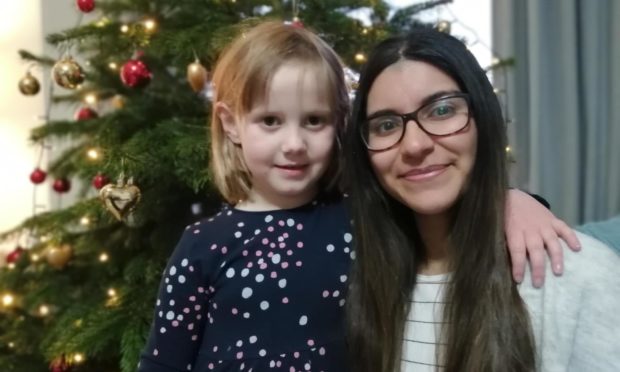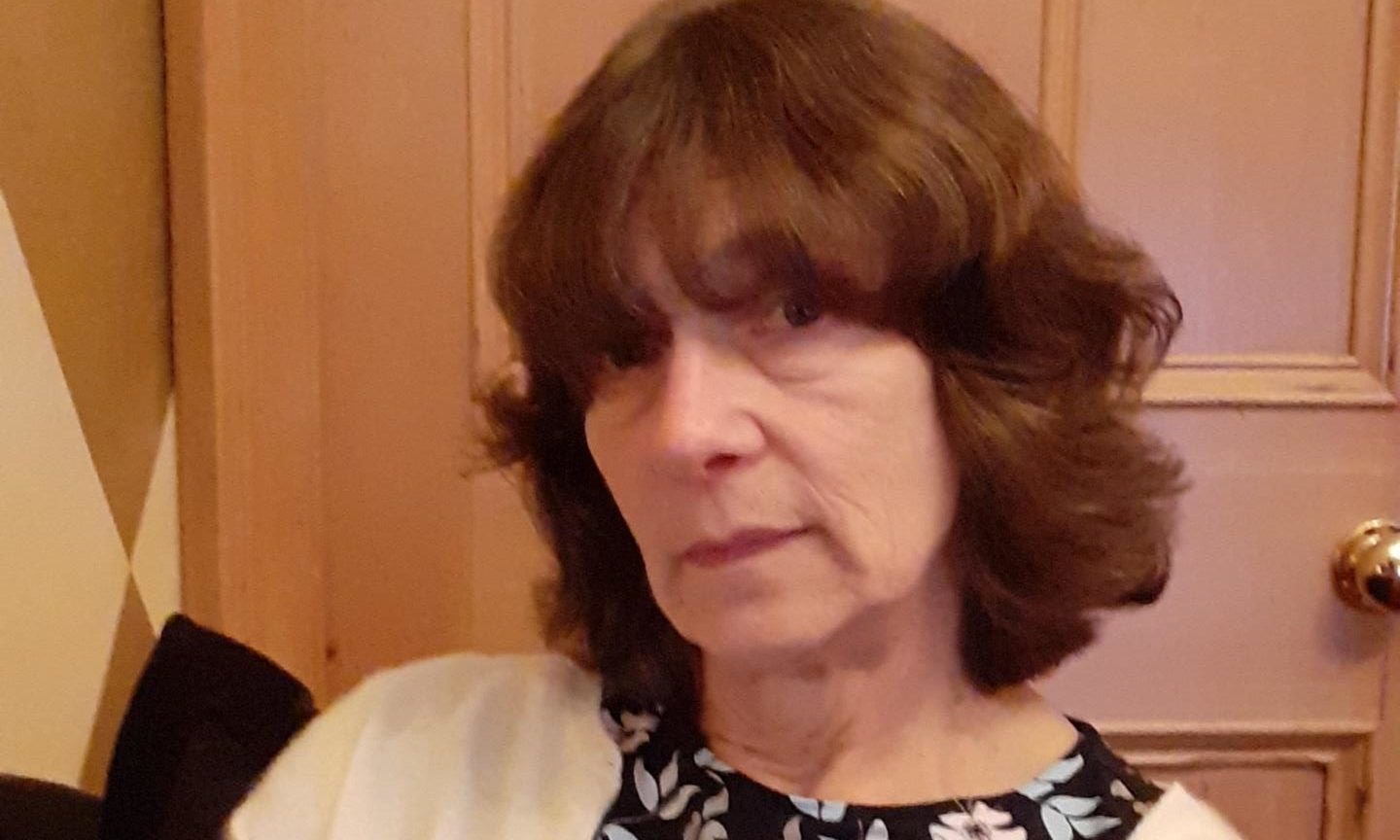Families who rely on au pairs face a childcare crisis with the future of the programme in doubt under Brexit.
From January those who want to experience the UK as an au pair will need a visa open to young people from only nine countries – none of them in the EU where most come from.
Parents like Esther Strickland, from Perthshire, fear they will struggle to access the flexible form of childcare.
Agency bosses like Ruth Campbell have warned their businesses will collapse.
And for young adults like Ranya Yassin, from Germany, the opportunity to sample British culture may be lost.
More than 44,000 au pairs come to UK every year under the scheme, with a 1969 Council of Europe agreement stating they are not traditional employed domestic workers.
But when the UK’s points-based immigration system comes into force on January 1, there is no specific visa for them to enter under the UK.
The British Au Pair Agencies Association has been campaigning for widening of the T5 visa system to include au pairs and be open to all countries, warning that the end is nigh for the historic programme. Its petition has gathered more than 27,700 signatures.
Agency boss
Ruth is director of Au Pair Ecosse and places between 200 and 250 au pairs with families across Scotland each year.
She said: “I have been running my agency for 15 years and could see my business disappear overnight on January 1.”
Contrary to popular belief, she said, the childcare is affordable and flexible with au pairs – usually young women in their late teens and early 20s – living with host families and paid around £90 a week for 25 hours of work.
Both families and au pairs benefit from the experience, she said, able to learn more about each other’s culture and language.
Ruth explained: “The au pair project was set up probably around the time the EU was formed not as employment but as a cultural and linguistic programme.
“The government has decided overnight that it is employment and is classing au pairs as non-skilled workers.
“We are being told by the Home Office that au pair families can recruit child carers from the large number of unemployed people that is going to result from Covid and the recession.
The government has decided overnight that it is employment and is classing au pairs as non-skilled workers.”
Ruth Campbell, Au Pair Ecosse
“Does the government really think unemployed people are going to work for £90 a week as live-in au pairs or that families will be able to afford £200 a week if they live out and therefore require to be paid minimum wage?
“It really makes no sense and the migration advisory committee knows there is going to be a childcare crisis soon as it has recently added childminders to the Shortage Supply list.”
The tier five youth mobility visa, she said, is only open to nine countries, none of them in EU where most au pairs come from.
Among the families she has placed au pairs with are a man whose German wife had died. His children were able to continue their connection with their mother’s roots with a German au pair.
Another widow Ruth helped will face difficulty recruiting childcare when her current au pair leaves in March.
Parent
Esther Strickland’s family, who live in Abernyte, have had such positive relationships with their au pairs that her oldest daughter went on a skiing holiday with their first au pair near her home in Switzerland.
Mum-of-four Esther said: “It has really expanded the horizons of our older children as well as our youngest.
“We now have friends in a different country, it’s almost like having an extended family.”
Esther works as an actuary in Stirling while husband Gerard McGoldrick commutes to Grangemouth where he is a chemical engineer.
“It has really expanded the horizons of our older children as well as our youngest.”
Parent Esther Strickland
She said: “Because we both work fulltime and we commute we often have to leave for work really early so it would be anti-social hours for a childminder.
“Having someone who is there before and after school makes life easier for us getting to work and coming home.
“It’s more flexible and it’s really nice for our younger child to have the full attention of the au pair.”
When Ranya, 21, leaves next summer they will be looking for someone to take her place.
Esther said: “It will definitely be more difficult next year.
“Even this year there were fewer people applying to be au pairs because of Brexit and Covid.
“It’s a shame because it’s a great opportunity for young people.”
Au pair
Ranya is at home for Esther’s three younger children, aged 5, 12 and 16, the eldest, who is 18 having flown the nest.
She said: “I’m fascinated by Scottish culture.
“I’m really excited to be here. I can improve my English and I’m learning about the culture and how people here live.
“I love this family and we have so much fun together.”
Since arriving in August, she said she had grown in confidence.
She said: “My dad said ‘you are not the daughter who left’. I have learned to live for myself and do things for myself.”
Ranya hopes to study speech therapy at university when she returns to Germany next year and work with children, so the experience gained as an au pair will help her career prospects.
‘Affordable luxury and necessity’
BAPAA describes au pairs as an “affordable luxury” for some families and an “affordable necessity” for others.
But it said: “From January 1, 2021, after the UK has left the EU and has ended the so-called transition period it is looking like these families will no longer be able to legally use au pairs as a childcare solution.”
T5 youth mobility visa
The youth mobility scheme visa (T5) allows people aged 18 to 30 to live and work in the UK for up to two years.
However, applicants must have £2,530 in savings and be from Australia, Canada, Hong Kong, Japan, Monaco, New Zealand, Republic of Korea, San Marino or Taiwan.
A Home Office spokeswoman said: “Our new points-based immigration system will attract the best and brightest talent from around the world.
“There are a number of ways in which au pairs can work in the UK.
“Those from Europe who are already here can join the millions who have secured their rights through the EU settlement scheme.
“For those from around the world wishing to come to the UK, the generous youth mobility scheme welcomes approximately 20,000 migrants a year, with capacity within existing quotas for approximately 15,000 more migrants.”

